Live Earthworms
Live earthworms are active decomposers that feed on organic matter, breaking it down into nutrient-rich castings. They improve soil health by aerating it, enhancing water retention, and promoting microbial activity. Earthworms are essential in recycling organic waste and enriching the soil, benefiting both agriculture and gardening.
IGPL has most extensive and pure genuine varieties of vermi compositing earthworms with approved rates from reputed government organizations and co-operations.
Types of different live earthworms
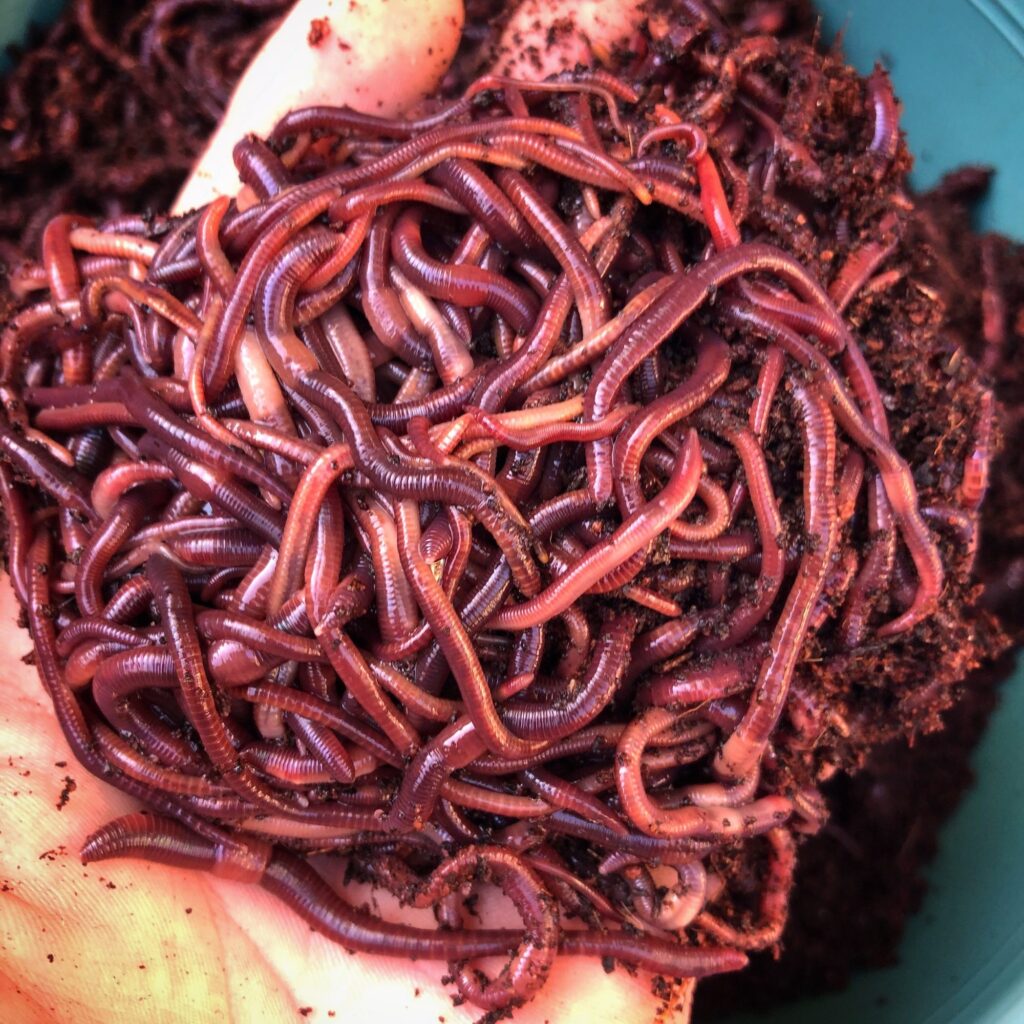
Eisinia Foetida
Eisenia foetida, commonly known as the red wiggler worm, is a species of earthworm widely used in vermiculture for composting organic waste.
These worms efficiently break down food scraps, plant residues, and other organic materials, turning them into nutrient-rich worm castings. Their burrowing activity improves soil aeration, promotes water infiltration, and enhances microbial activity.
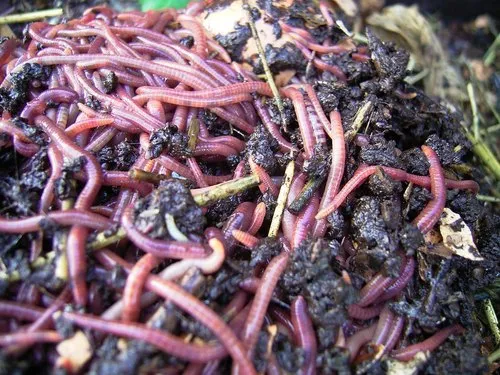
Eisenia Hortensis/European Earthworms
Eisenia hortensis, commonly known as the European Earthworm or Dendrobaena, is a species of earthworm native to Europe but has spread globally due to its use in composting and soil management. This also widely used in vermiculture for composting and fishing.
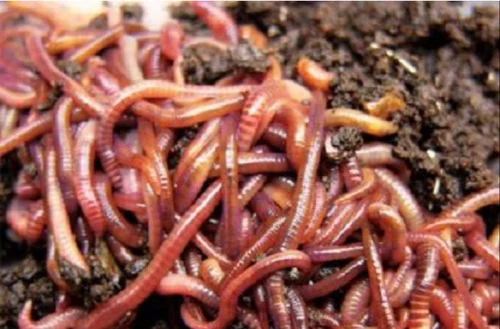
Eudrilus Eugeniae
Eudrilus eugeniae, also known as the African nightcrawler, is a large, tropical earthworm widely used in vermiculture for composting organic waste.
These worms consume food scraps, plant matter, and manure, breaking them down into nutrient-rich castings that improve soil fertility.
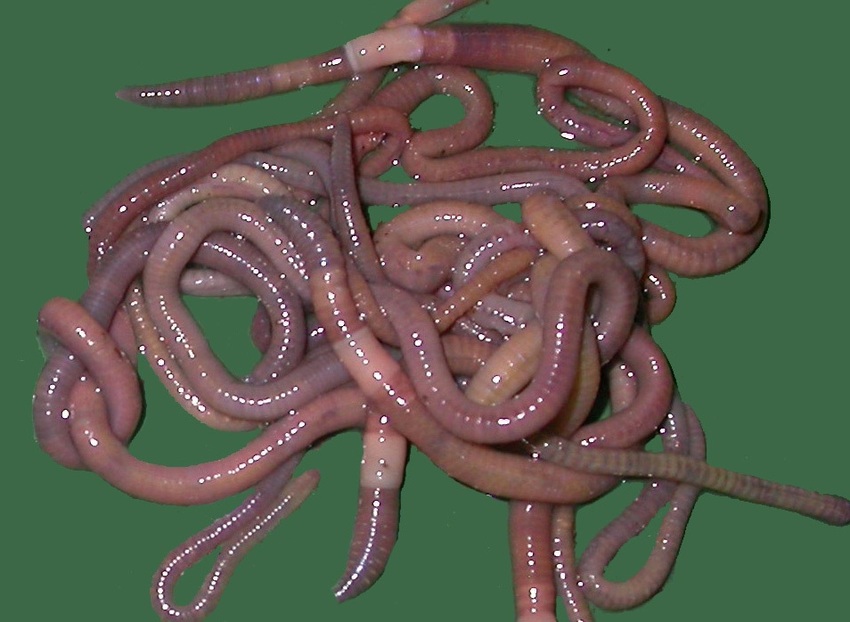
Lampito Mauritii
Lampito mauritii, commonly known as the Mauritian earthworm, is a species of earthworm that is native to the tropical regions of Mauritius and other islands in the Indian Ocean.
This species is particularly valued in vermiculture and composting because of its adaptability to a wide range of environments and its ability to process organic matter efficiently.
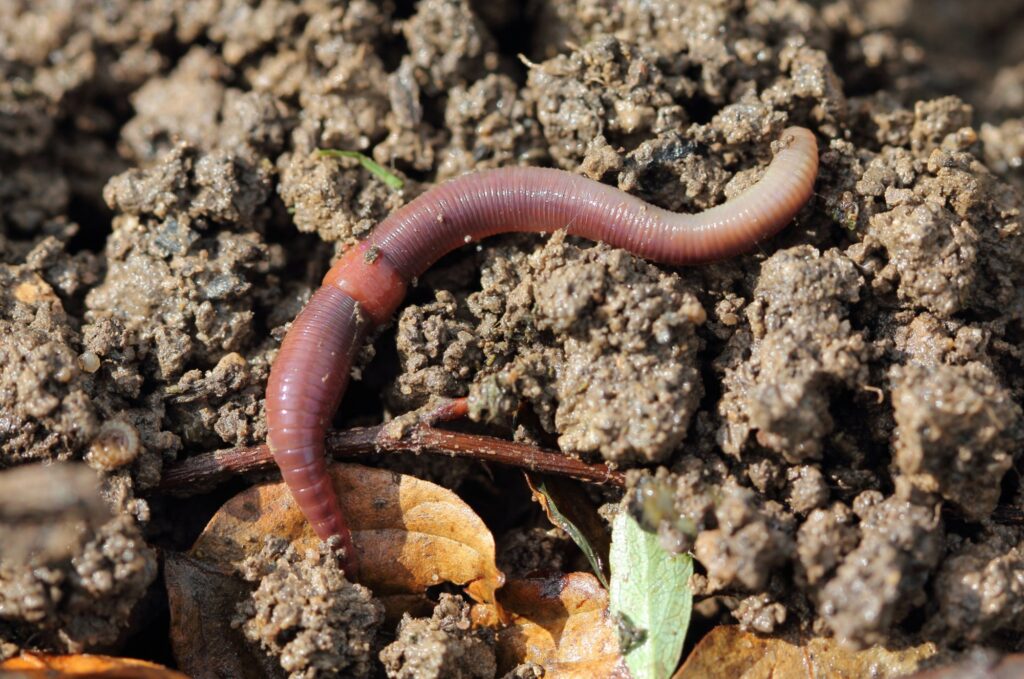
Lumbricus Rubellus
Lumbricus rubellus, commonly known as the red earthworm or redworm, is another species of earthworm that plays a significant role in soil health and composting.
It is a species closely related to Lumbricus terrestris, the common nightcrawler, but has some distinct characteristics that make it particularly valuable for certain applications like vermiculture.
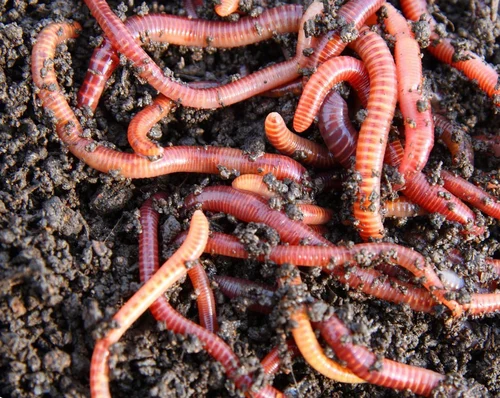
Perionyx Excavatus
Perionyx excavatus, also known as the Indian blue worm, is a highly efficient earthworm used in vermiculture to compost organic waste. These worms consume food scraps, manure, and plant matter, converting it into nutrient-rich worm castings that enhance soil fertility.
Their burrowing improves soil aeration, increases water retention, and stimulates microbial activity.
Live Earthworms
Live Earthworms are vital creatures in the soil ecosystem, often referred to as “ecosystem engineers” because of their significant role in improving soil health and fertility. They are found in a variety of environments, from tropical forests to temperate regions, and are classified into different species with varied habits and ecological roles. Here’s a detailed look at live earthworms, their biology, behavior, and role in the environment.
Key Earthworm Species
Different species of earthworms have distinct behaviors, habitats, and uses. Some of the most notable species include Eisenia foetida, Eisenia hortensis, Lumbricus rubellus, and Perionyx excavatus, among others.
1.Eisenia foetida (Red Wiggler Worm)
2.Eisenia hortensis (European Nightcrawler)
3.Lumbricus rubellus (Red Earthworm)
4.Eudrilus eugeniae (African Nightcrawler)
5.Lampito mauritii (Indian Blue Earthworm)
6.Perionyx excavatus (Indian Blue Worm)
General Role of Earthworms in the Ecosystem
Earthworms provide numerous benefits to the environment, particularly in terms of soil health and fertility. Some of the key functions include:
1.Plant Growth: By improving soil structure and increasing nutrient availability, earthworms promote better plant growth and root development.
2.Soil Aeration: Earthworms burrow through the soil, creating channels that allow air, water, and nutrients to reach plant roots more efficiently.
3.Nutrient Recycling: As earthworms consume organic matter, they break it down into smaller particles, enriching the soil with valuable nutrients such as nitrogen, phosphorus, and potassium.
4.Soil Structure: Their burrowing activity helps improve soil structure by creating pores, which enhances water infiltration and reduces soil compaction.
5.Decomposition: Earthworms feed on decaying plant material, breaking it down into humus, which is a key component of healthy, fertile soil.
Packaging of Earthworms
Safe packaging of earthworms for sale and shipment is crucial for keeping them alive.
Also, our packaging make sure that earthworms doesn’t escape from the package and all reach at your delivery location.
We have delivered vermicompositing earthworms in India and abroad like UAE, Oman, South Africa etc.
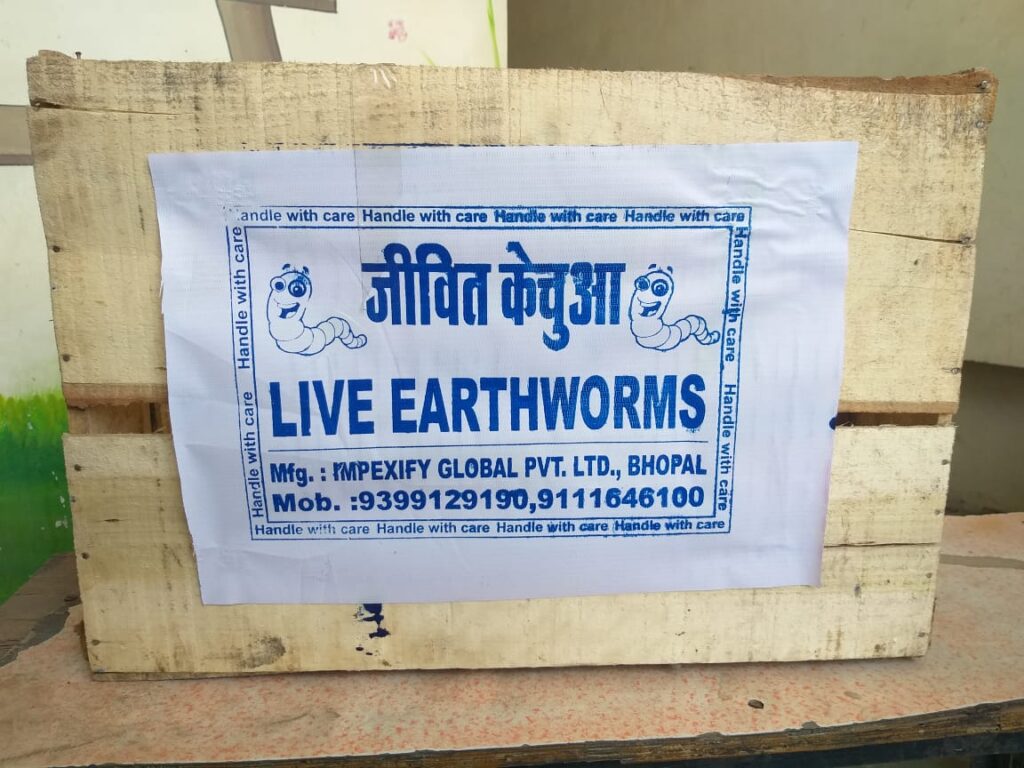
Earthworms are crucial for maintaining soil health, supporting plant growth, and recycling organic matter. With numerous species adapted to various environments, they play a vital role in ecosystems across the world, contributing to the fertility of soils, enhancing the nutrient cycle, and supporting sustainable agriculture practices like vermiculture and composting.
Their ability to transform organic waste into valuable soil amendments makes them indispensable to both natural ecosystems and human agricultural activities.
